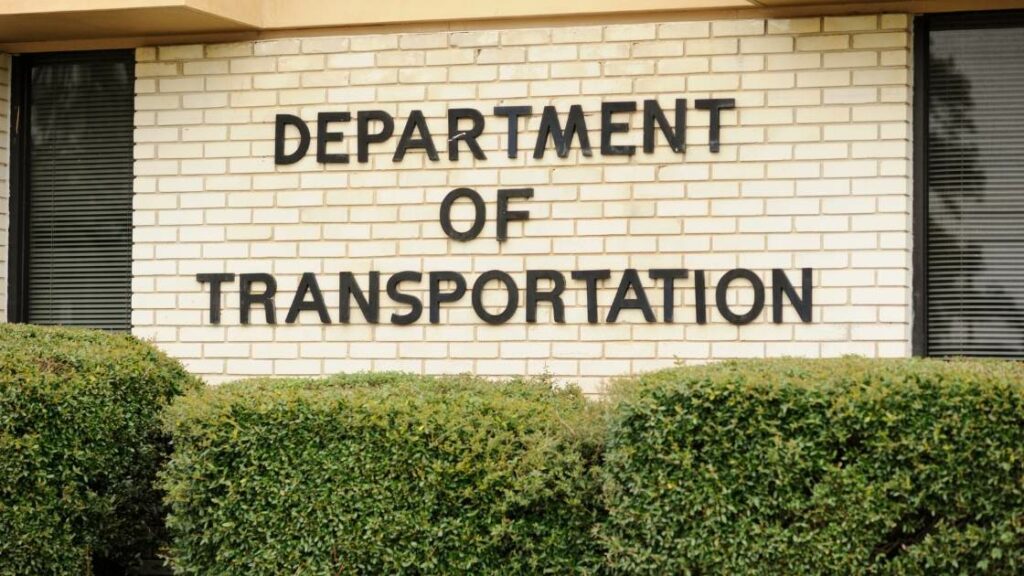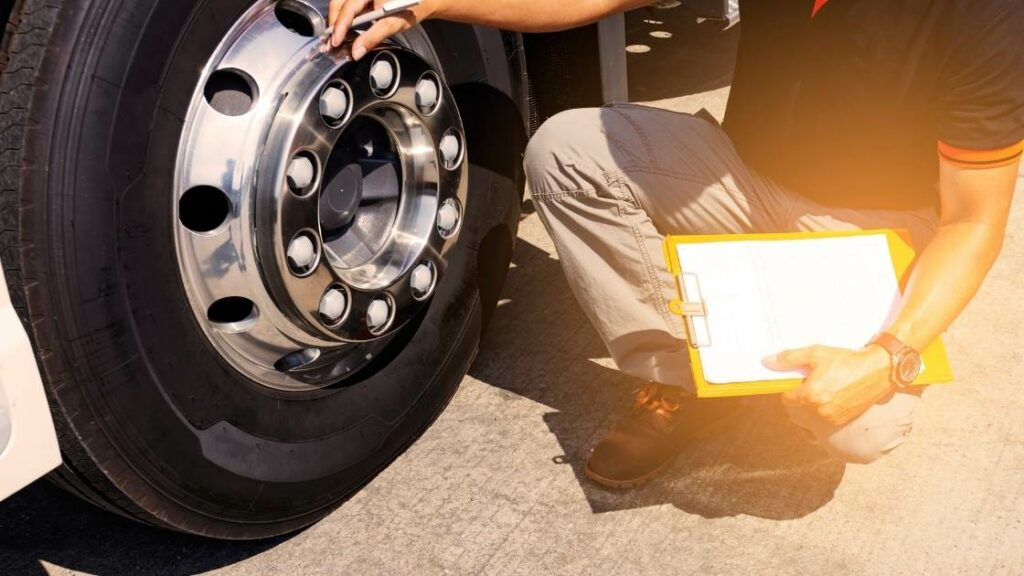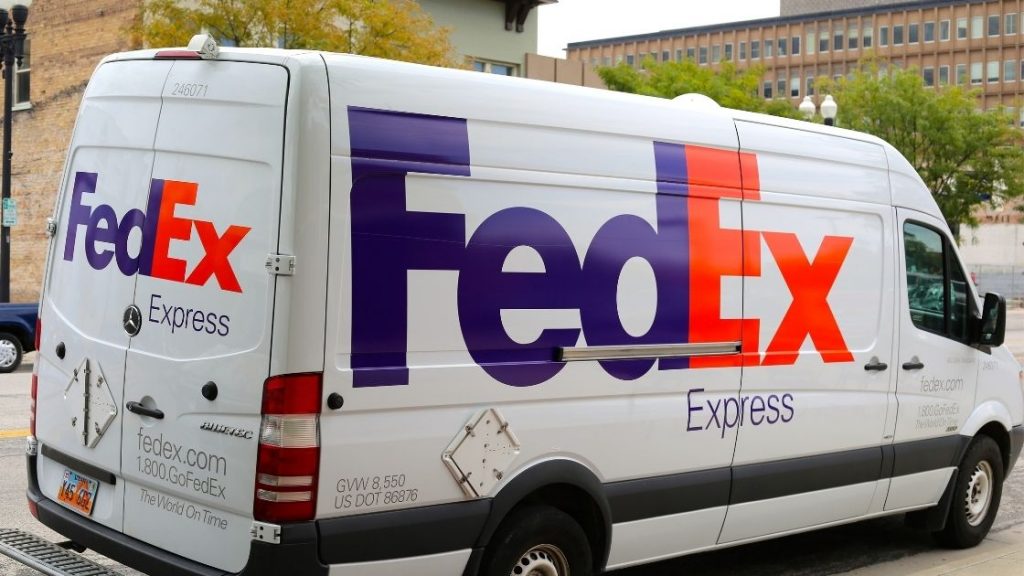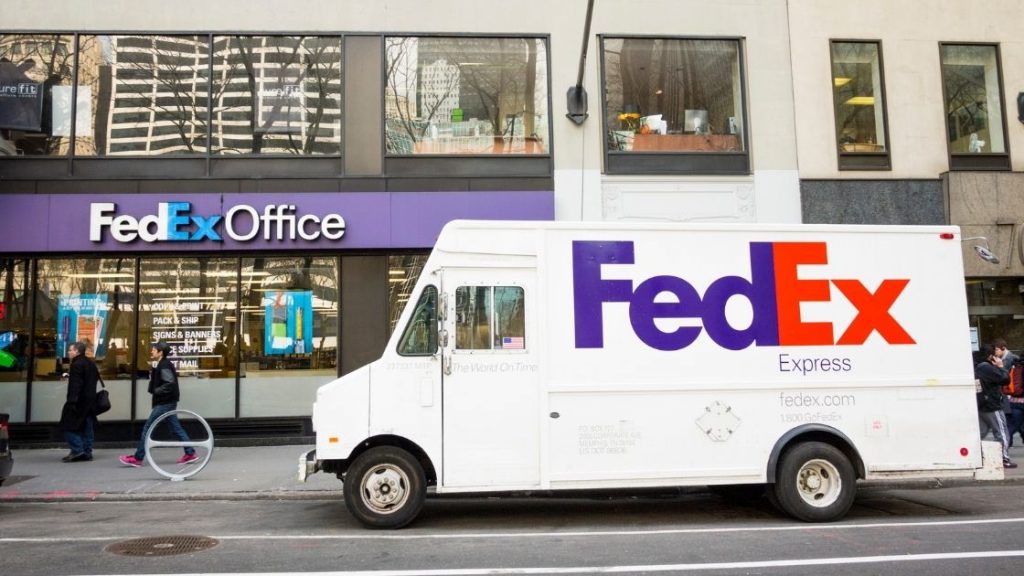If you own a pickup and trailer and are operating it commercially, you may be subject to a host of rules and regulations. At a federal level, the Department of Transportation (DOT) and the Federal Motor Carrier Safety Administration (FMCSA) has jurisdiction over many of these laws.
Of course, each state may also have laws that govern your type of business, so you will want to check those as well.
In this article, I am going to cover some of the most important rules and regulations for pickup truck operators who use trailers. The focus will be on laws issued by the DOT and FMCSA, which is the part of the DOT that is responsible for reducing crashes, injuries, and deaths involving large trucks and buses.
If you are looking for a quick answer to what’s required, here is a summary of the DOT regulations you should be considering:
If you operate a pickup truck with a trailer for commercial purposes, some (or all) of the following regulations may apply to you:
- Commercial driver’s license (CDL)
- DOT operating authority (e.g., a US DOT number and motor carrier (MC) number)
- Medical Examiner’s Certificate (aka DOT medical card)
- BOC-3 (for service of process)
- Drug and alcohol testing
- Tax related regs such as IFTA and IRP
- Regulations specific to trailers (e.g., trailer brakes, DMV registration, periodic inspections, etc.).
Many of these regulations turn on how heavy your pickup truck and trailer is, whether you are crossing state lines, and the type of freight you are transporting.
We’ll get into a lot more detail on all of that later.

Note: I also cover regulations issued from related governmental entities too. As you can imagine, we won’t discuss every possible rule that may apply to your situation because that type of analysis would turn on your specific circumstances.
To help you navigate the article, below is a list of topics we’ll address. If you have a burning question in a specific area, just click on the corresponding link below.
Operating Authority (US DOT Number and Motor Carrier (MC) Number)
We’ve got a lot to cover, so let’s get into it!
This post may contain affiliate links. If you click on a link and complete a transaction, I may make a small commission at no extra cost to you.
The information contained in this post is for informational purposes only. It is not a recommendation to buy or invest, and it is not financial, investment, legal, or tax advice. You should seek the advice of a qualified professional before making any investment or other decisions relating to the topics covered by this article.
1. Obtain Commercial Driver’s License (CDL)
Not all pickup truck and trailer set ups require a CDL, but you will need one if you plan on operating vehicles that meet or exceed certain weight thresholds.
According to the FMCSA, you will need a CDL if you meet the following:
You operate in interstate, intrastate, or foreign commerce and drive a vehicle that meets one or more of the classifications of a commercial motor vehicle (CMV) described below:
Class A: Any combination of vehicles which has a gross combination weight rating or gross combination weight of 26,001 pounds or more, inclusive of a towed unit(s) with a gross vehicle weight rating or gross vehicle weight of more than 10,000 pounds.
Class B: Any single vehicle which has a gross vehicle weight rating or gross vehicle weight of 26,001 pounds or more, or any such vehicle towing a vehicle with a gross vehicle weight rating or gross vehicle weight that does not exceed 10,000 pounds.
Class C: Any single vehicle, or combination of vehicles, that does not meet the definition of Class A or Class B, but is transporting material that has been designated as hazardous under federal law.
If you want more info on CDL requirements, check out the FMCSA page on the topic.
2. Obtain Trucking Authority from DOT
US DOT Number
According to the FMCSA, if you plan on engaging in interstate commerce (delivering across state lines) and your vehicle meets certain weight requirements (generally more than 10,000 lbs) then you will need a USDOT Number.
But even if you plan on operating just in your state, some jurisdictions still require you to have a USDOT number, so you need to review your state’s laws on this.
MC Number
You’ll also need what is called a Motor Carrier (or MC) number. This is only required if you plan on engaging in interstate commerce, you don’t own the freight you are moving, and you will be receiving a fee for transporting the freight.
To learn more about MC numbers, check out the FMCSA website on the topic.
Insurance
Another important part of getting your own authority is insurance. The FMCSA requires specific insurance coverage amounts if you are a carrier seeking your own authority.
In general terms, the FMCSA’s insurance requirements are as follows:
For those transporting freight, the required public liability insurance coverage is $750,000 – $5,000,000, depending on commodities transported.
If you are moving non-hazardous freight in vehicles weighing under 10,001 lbs., then that amount is reduced to $300,000.
If you are transporting household freight, you will also need cargo insurance ($5,000 per vehicle; $10,000 per occurrence).
To learn more about insurance filing requirements and the forms you will need to fill out, check out the FMCSA’s website on the topic here.
Who is the best insurance provider? That’s hard to say, but Progressive seems to be active in this space, so you may want to check them out.
Designate Agents For Service of Process (BOC-3)
If you are a carrier operating under your own authority, you will need to file what is called a BOC-3. It basically lists out who may receive legal documents on your behalf (i.e., if you need to get served a complaint, etc.).
According to the DOT, an agent must be designated for each state in or through which the carrier operates. This is so that if a claim is made against the carrier, they can be served in that state, even if the carrier does not reside there.
The DOT offers a terrific resource that lists various process agents you can use to fill out your BOC-3 form. These process agents all have national coverage, so if you go with one of them, you can have a process agent for every state you may operate in.
Note: If you are a carrier, you cannot file the form yourself – you will need to have your process agent do it for you.
3. Obtain DOT Medical Card
According to the FMCSA, all commercial drivers of vehicles in interstate commerce with a maximum gross vehicle weight rating of over 10,000 pounds (4,536 kilograms) are required to obtain and maintain a valid Medical Examiner’s Certificate (ME Certificate).
If your pickup truck and trailer combo meets this threshold, then you will need one.
Additional requirements may apply for CDL operators. Source.
If you are operating a CMV in this way, you will need to pass a Department of Transportation (DOT) physical and receive a medical card. This signifies that you are physically capable of handling the work required for this type of activity.
The exam must be conducted by a licensed medical examiner listed on the FMCSA National Registry. You can use this tool provided by the FMCSA to find a qualified medical examiner near you.
5. Comply With Hours of Service (HOS)
According to the FMCSA, most CMV drivers must comply with hours of service (HOS) requirements. This is to basically ensure that exhausted drivers are not becoming a hazard on the road.
In their Q&A’s, the FMCSA defined a CMV as a vehicle that is used as part of a business and is involved in interstate commerce and fits any of these descriptions (I have omitted categories that don’t apply to pickup truck operators):
- Weighs 10,001 pounds or more
- Has a gross vehicle weight rating or gross combination weight rating of 10,001 pounds or more
- Is transporting hazardous materials in a quantity requiring placards
So, if your pick up truck and trailer meets these thresholds, then you will need to comply with HOS standards. At a high level, the requirements are as follows:
- You can’t drive for more than 11 hours after 10 hours off duty,
- You get a 14 hour window for driving after 10 hours off duty,
- You must take a 30 minute driving break if you’ve driven for 8 straight hours
- You have a 60/70 hour limit in 7/8 consecutive days
The driver must also maintain a log book that tracks their status (driving, off duty, sleeper berth, on duty but not driving). Generally, you have to do this using an ELD (which stands for an Electronic Logging Device), but there are some exceptions. Source
Note: There is a short haul exemption to the HOS rule that may apply for certain operators doing shorter loads. A driver is exempt from certain HOS requirements if the driver operates within a 150 mile radius of the normal work reporting location and the driver does not exceed the maximum duty period of 14 hours.
If you want a more detailed description of Hours of Service requirements, check out the DOT’s summary of the topic here.
6. Driver Vehicle Inspection Reports (DVIRs)

The FMCSA requires that drivers inspect their commercial motor vehicles (again, your set up may not apply) before and after each trip (at the end of each work day).
You typically will need to check things like your service brakes including trailer brake connections, parking brake, lighting devices and reflectors, coupling devices, wheels and rims, steering systems, horn, wipers, mirrors, emergency equipment (e.g., fire extinguisher, fuses, flares, etc.) and so on.
For more details on what needs to be in the DVIR , check out the FMCSA rules here.
7. Drug and Alcohol Testing (Owner-Operators)
According to the FMCSA, if you are a owner-operator driving a commercial motor vehicle in intrastate or interstate commerce that requires a commercial driver’s license, you need to participate in a DOT Drug and Alcohol Testing program.
Owner-operators must register with a consortium, which is basically an entity that administers random drug testing for employers (including owner operators) and participate in the Consortium’s random testing pool.
To learn more about Consortium testing, check out the DOT link here on the topic.
8. UCR Compliance
What is UCR?
The Unified Carrier Registration (or UCR) is a federal program that requires that individuals or companies involved in interstate travel pay an annual registration fee based on the total number of vehicles in their fleet.
It replaces the old Single State Registration System (SSSR). Source.
Who is subject to UCR?
If you are a carrier operating a commercial vehicle that weighs more than 10,000 pounds, or placarded amounts of hazardous materials or transporting more than 10 passengers (including driver) across interstate lines, then you will be subject to UCR.
If you want to know if this will apply to your operation, use the decision tree tool provided by the UCR organization. You can access that tool here.
How Do I Comply with UCR?
If you are subject to the UCR, you will need to register with them (and of course pay the applicable fee). You can start the process by going to the official UCR website here.
9. IFTA and IRP Compliance
The International Fuel Tax Agreement (IFTA) and International Registration Plan (IRP) are programs to collect and distribute registration and fuel tax revenue between certain US states and Canadian provinces.
If you are traveling across state lines and you meet other qualifying criteria (which we will cover later), then you need to comply with these programs.
Who Needs to Comply with IFTA and IRP?
For both IFTA and IRP, you will need to comply with its requirements if you operate a Qualified Motor Vehicle across state lines, which meets the following criteria:
- Has two axles and a gross vehicle weight or registered gross vehicle weight exceeding 26,000 pounds; or
- Has three or more axles regardless of weight; or
- Is used in combination, when the weight of such combination exceeds 26,000
pounds gross vehicle or registered gross vehicle weight
Note that even if you fall below the weight requirements, but still cross state lines, you may be subject to one or both of these programs.
You should check with your individual state’s DMV to find out rules around this.
What Do I Need to do to Comply with IFTA and IRP?
For IRP, you will need to file the appropriate paperwork with your base jurisdiction (usually your “home” state where your vehicle is registered). Check your DMV’s website to find out specifics. There will be fees and they may not be cheap, depending on how many jurisdictions are in play.
Once you complete the process, you will get an Apportioned License Plate for your vehicle and an Apportioned Cab Card that lists the states/provinces where you are registered to operate in.
For IFTA, you will need to apply for an IFTA license in your home state. Once you complete that process, you will get a set of decals (stickers) for you vehicle and an IFTA license for your records.
Ongoing Obligations
Once you get these things, you will also need to keep meticulous records of your driving and fueling activity and file and pay quarterly IFTA taxes. The mileage is also important when you renew your apportioned license for IRP, so maintaining accurate records is a must.
10. DOT Trailer Requirements
If you operate a pickup truck with a trailer, there are certain trailer-specific DOT and state regulations you must adhere to:
Trailer Brakes
First, your trailer may need to be equipped with brakes if it meets certain weight thresholds. As a general matter, federal requirements set 3,000 pounds as the weight at which brakes must be equipped on the trailer. Source.
Individual states may have different requirements, so it’s worth checking them out as well.
Trailer Registration
If you are operating a trailer commercially you may also need to register your trailer with your DMV. Again, check your state and local rules on this issue.
Trailer Coupling Requirements
There are also coupling requirements for certain trailers as identified by the FMCSA here. In general you will need coupling devices that meet these requirements.
Annual Trailer Inspections
In addition, your trailer may need to pass DOT inspections if certain criteria are met. For example, annual inspections are required on commerical motor vehicles, including trailers. Source.
Conclusion
So there you have it – 10 key regulations you need to be aware of as a pickup truck and trailer operator. Hope this has been helpful and happy trucking!

